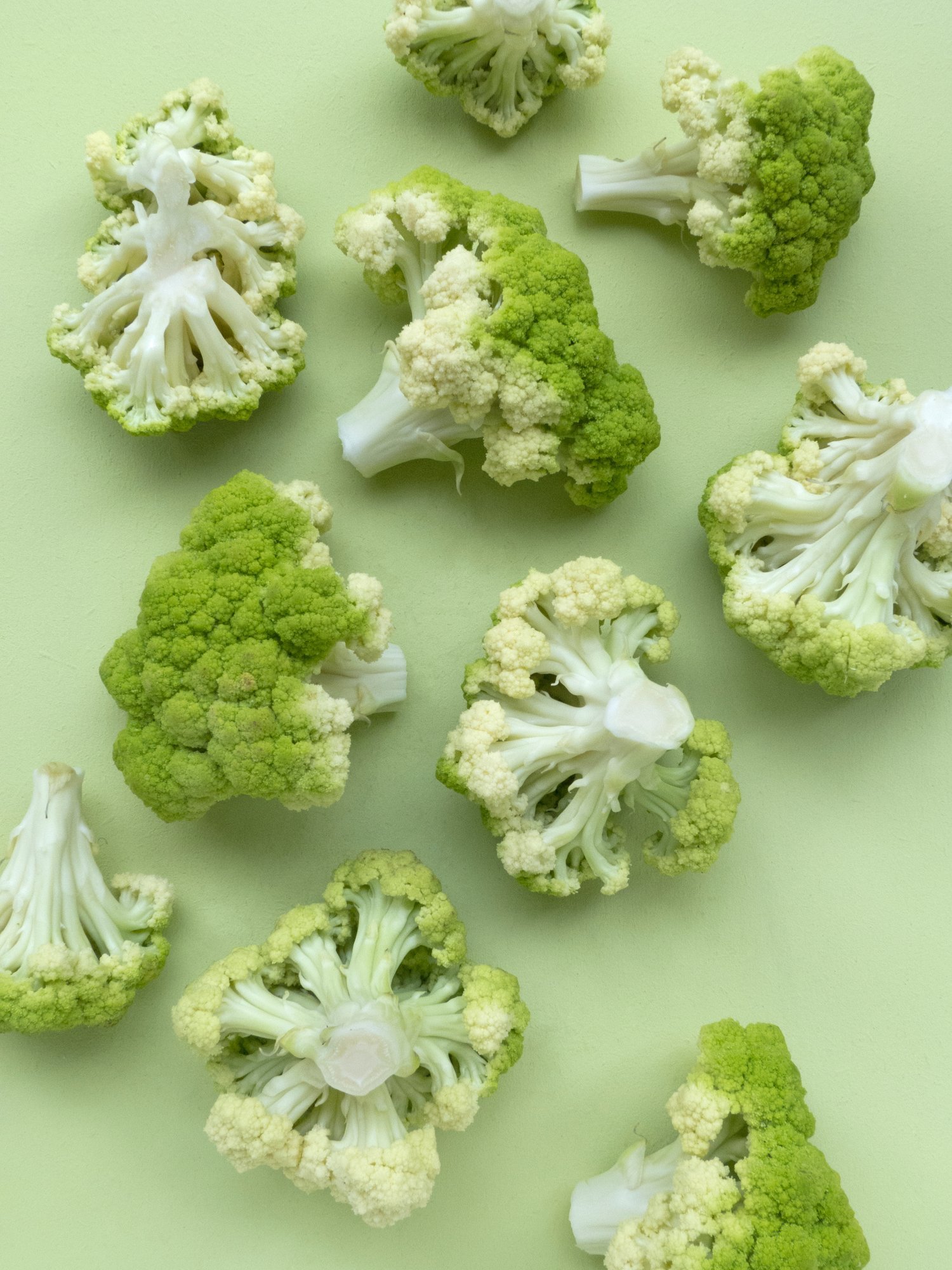Is Nutritional Deficiency Causing Your Depression?
Depression is one of the most common mental health disorders in the United States. In 2017, an estimated 17.3 million adults experienced at least one major depressive episode, with highest rates among women and people of two or more races. Though prevalent, it is a serious mood disorder that should not be taken lightly.
The symptoms of depression have the potential to affect all areas of one’s life including work, diet, sleep, and interpersonal relationships. During a depressive episode, people may experience feelings of worthlessness or despair, they may lose interest in things that they once enjoyed, or have difficulty concentrating.
According to the National Institute on Mental Health, research suggests that depression is caused by a combination of genetic, biological, environmental and psychological factors. One of the biological factors not often discussed is nutritional imbalance. Nutrition plays a major role in our ability to regulate psychological and emotional well-being, and deficiencies in key vitamins and minerals can compromise optimal brain functioning and increase levels of stress and anxiety.
The good news is that we can address the majority of common nutritional deficiencies by incorporating specific foods and supplements into our diets. It usually does not require medication and can be good first step in the treatment of depression. The best way to start is to have a comprehensive set of laboratory tests done to evaluate the nutritional status.
10 Most Common Nutrient Deficiencies Linked to Depression
1- Vitamin D: As previously mentioned in our series about seasonal affective disorder- a type of depression- vitamin D plays a significant role in serotonin activity, and serotonin is the key neurotransmitters involved with mood, sleep, appetite, and digestion. It is also necessary to ensure the proper absorption of phosphorus into your bloodstream, which helps facilitate cell repair and tissue growth in your brain and body.
While the sun is allows us to make Vitamin D in our skin, concerns about skin exposure to sun usually require that we get vitamin D from other sources. Fish like salmon, herring, and sardines have reasonable levels of Vitamin D as well as vegetarian sources like egg yolks and mushrooms. In general vitamin D may need to be take as a supplement though as it is hard to stay at sufficient levels with sun and food alone.
2- Omega-3 Fatty Acids: There’s a good reason why you hear health and nutrient experts advocate for increased consumption of Omega-3 fatty acids. They are essential for healthy brain cell functioning and the reduction of inflammation, and work by preventing trans fats from entering your neural system.
Foods high in Omega-3 fatty acids include fatty fish such as salmon, sardines, herring or mackerel, oysters, egg yolks, flaxseed, chia seeds, and walnuts. Algae is another option for vegetarians and vegans and can be found in supplement form. In general our bodies can use the animal sources of omega 3s more easily than the vegetarian sources.
3- Folate: While you’ve likely heard of folic acid, you might be less familiar with folate. Both are forms of vitamin B9. Folate is the natural form and easier for humans to use than the synthetic folic acid. Along with other B vitamins, folate helps to clear homocysteine--a byproduct found in the bloodstream and associated with cardiovascular disease, Alzheimer's disease, depression and other conditions. Folate also works to support serotonin production.
Beans, peas, lentils and leafy greens such as spinach, kale and arugula are great sources of folate.
4- B Vitamins: Lack of B vitamins can have a significant influence on your overall psychological wellbeing. Vitamins B6 and B12 have been proven to boost skin and nail health, reduce stroke risk and support mental health function. According to one study, more than a quarter of severely depressed women were found to be deficient in B12.
Proteins such as fish, poultry, red meat, and eggs, as well as whole grains, legumes and bananas are rich in B vitamins. B12 can only be obtained from animal based sources, so vegetarians need to be particularly mindful of monitoring their B12 levels and supplementing B12.
5- Magnesium: Essential in over 600 metabolic functions, magnesium is one of the most important minerals in the body. It is vital to brain functions such as stress response, recovery and repair. It is only second to iron as the most common nutritional deficiency in developed countries.
Dietary sources of magnesium include whole grains, nuts, leafy green vegetables and dark chocolate. However, much of our soil has been depleted of magnesium making it increasingly difficult to achieve a sufficient level through diet alone and supplements may be a way to guarantee adequate intake.
6- Zinc: Another mineral, zinc is essential to regulating the brain and body’s response to stress. With the highest concentration of zinc in our body’s found in the brain, it is central to healthy brain function. Not only is it is responsible for activating your central and peripheral nervous system, but it is also required for neurotransmitter, enzymatic and hormonal processes. In addition to depression, zinc deficiency has been linked to anxiety, schizophrenia and eating disorders.
Common sources of zinc include meat, poultry, oysters, spinach, pumpkin seeds, raisins and dark chocolate.
7- Iron: Iron is critical to all bodily functions as it carries oxygen throughout the bloodstream. It is also the most prevalent nutritional deficiency in developed countries, and is more common in women than men. Symptoms of iron deficiency can present as similar to those of depression, such as mental and physical fatigue, low mood and irritability. Low levels of iron may also trigger panic symptoms resulting in a panic attack.
Iron-rich foods include shellfish eggs, beans, red meat, organ meats such as liver, spinach and broccoli. If you have fatigue or emotional symptoms it is important to get your blood checked for blood counts, iron levels and ferritin level and if you are anemic, then to follow up the supplementation with another test to make sure that the anemia is resolving.
8- Amino Acids: Known as the building blocks of protein, amino acids are necessary to help your body build muscles. They are also necessary for healthy brain function. Amino acid deficiencies have been linked to depression, brain fog, lack of focus and general sluggishness. There are a total of nine amino acids that our bodies cannot produce and must be obtained through a healthy, balanced diet.
Dietary sources of amino acids include eggs, lean meat, seeds, nuts and plant-based protein sources such as beans.
Additional nutritional deficiencies that may cause depression include iodine and selenium, which can affect the function of the thyroid gland. Selenium can be obtained by eating two brazil nuts per day and iodine can be obtained by eating seaweed and seafood.
Nutritional Testing
To best determine an effective method for the treatment of depression, it is important to understand the underlying causes. Though not all causes are treatable, such as genetics, nutritional deficiencies are one that can be managed.
Diet is a foundation of health and a priority in the treatment of mind health. Poor nutrition has not only been linked to depression but also anxiety, sleep disorders, fibromyalgia and inflammation-related conditions.
Beata Lewis, MD, founder of Brooklyn-based practice Mind Body Seven, specializes in nutritional testing and evaluations. Based on the results, she can make personalized supplement and dietary recommendations, which can often reduce or eliminate the need for other medications to treat psychological and physical symptoms. Contact us via the web or call 212.621.7770.


